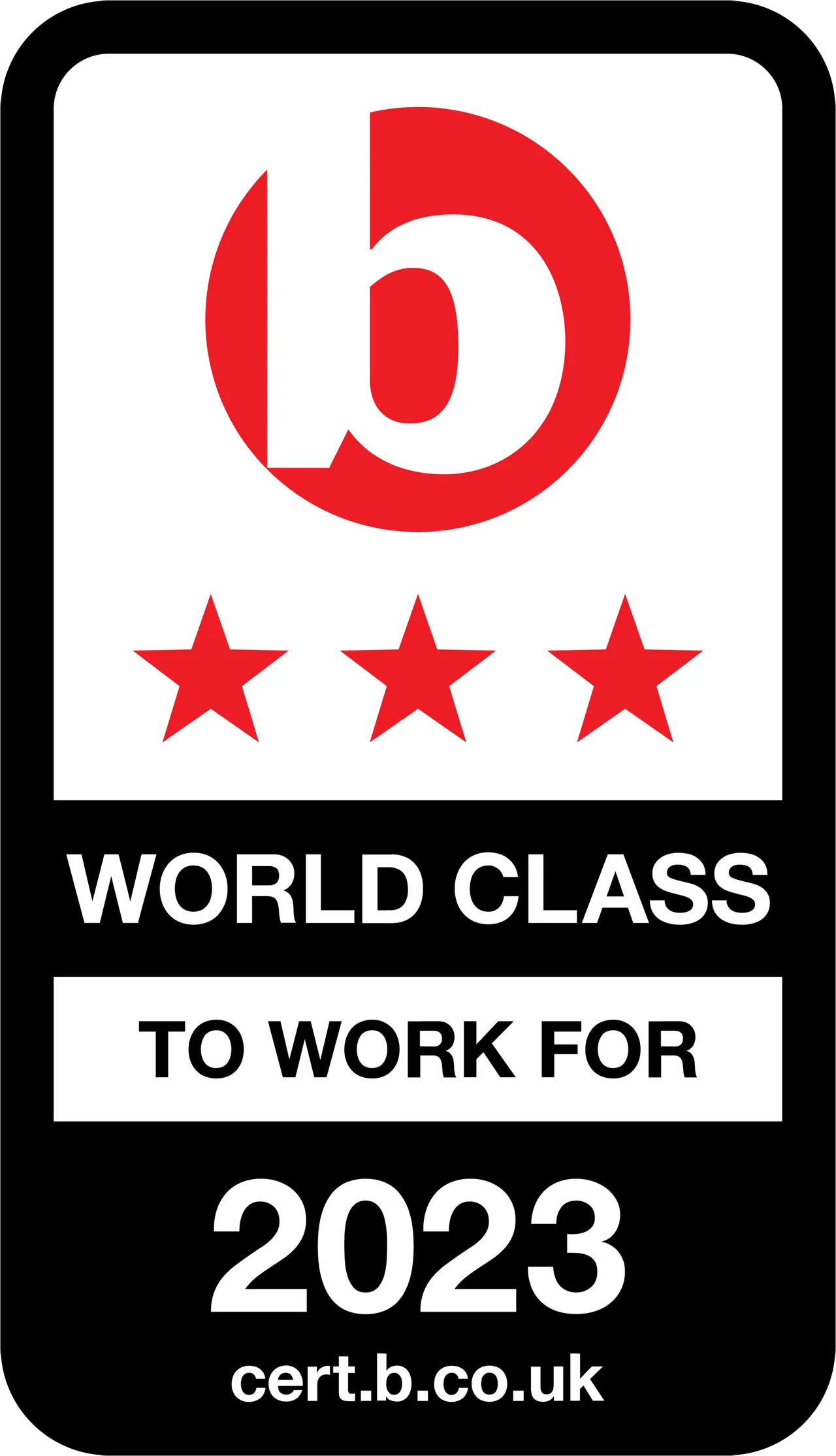
3 recession-proof business sectors
06 Jul, 20204 minutesRecession-Proof Business SectorsSince the coronavirus pandemic hit British shores, some 'non...

Recession-Proof Business Sectors
Since the coronavirus pandemic hit British shores, some 'non-essential' businesses were forced to shut up shop as the UK went into a strict lockdown.
The public were only able to leave their homes for essential trips such as to go food shopping or to collect medicine. Due to these restrictions, many businesses suffered particularly if they had no online presence to help them trade their way through the lockdown period.
A well-documented example of this is Primark. In April, the Financial Times reported that the fashion brand, owned by Associated British Foods, was hit hard because it didn’t have an ecommerce wing. It was reported that sales had gone from £650 million per month to zero, according to Consultancy UK. It was also reported that the UK Government's CJRS furlough scheme prevented thousands of Primark staff from losing their jobs.
Of course, for any employee, they will want to feel confident that the industry they are working in is robust enough to weather economic challenges, such as that posed by the coronavirus pandemic. Recessions can hugely impact consumer spending habits and this can hinder business as a result. In addition, if staff are made redundant due to a lack of company money, an organization’s productivity levels could take a hit. A recent article from Point Franchise pointed towards three business sectors for those wanting to maximize their chances of surviving a recession.
Businesses that sell 'essential' goods
While consumers may have curbed splurging on luxury items, they have still had to buy essential goods such as food, toilet roll, and washing powder. During the pandemic, Glassdoor put together a list of companies experiencing a hiring surge in the UK due to increased demand. Among the list was Aldi, Tesco, Whole Foods Market, and Co-op which is likely down to the 'essential' goods that they stock and sell.
IT companies
During the coronavirus pandemic, companies have relied on technology to stay connected and to keep business ticking over. Recruitment firm Randstad Technologies told the website that the IT sector weathered the 2008-2009 recession better than any other sector, stating: "The growth in fin-tech jobs and IT security jobs [has] helped the tech sector do well compared to other industries." So, it is possible that the same could be said for the pandemic as companies are constantly seeking new ways to improve efficiency, streamline processes, and increase communication.
Health-related businesses
People will always need medication and treatment if they are unwell, so any businesses offering products or services relating to this will likely always be in demand. When Prime Minister Boris Johnson enforced strict lockdown measures, the public were allowed to leave the house for things such as collecting medication, according to Metro. Therefore, this could be deemed one of the more recession-proof business sectors.
Contact Information:
If you have any inquiries, please contact Executive Grapevine at info@executivegrapevine.com.













